#Evgeny Tsyganov
Text
The Master and Margarita
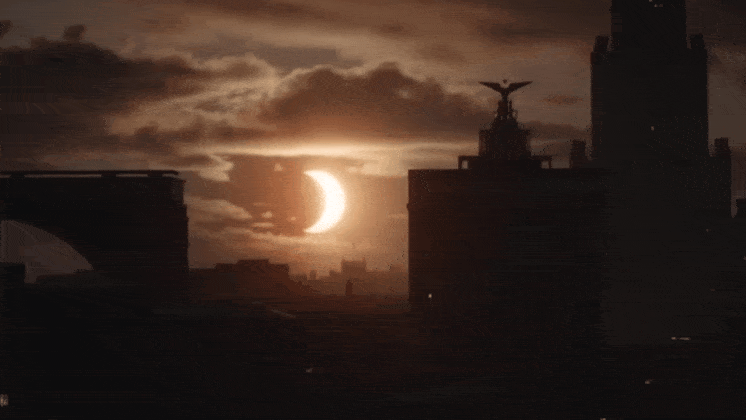
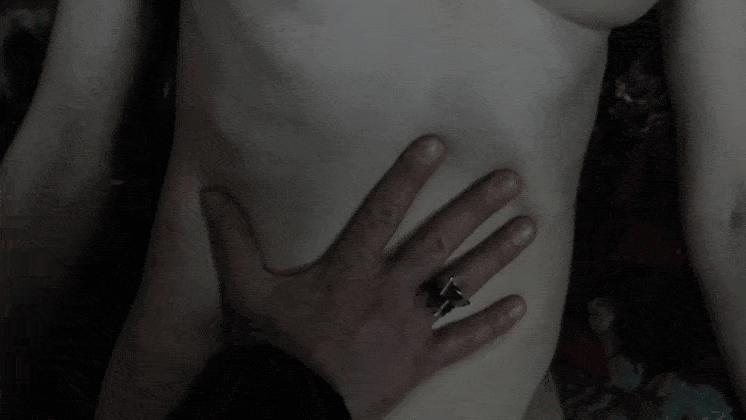


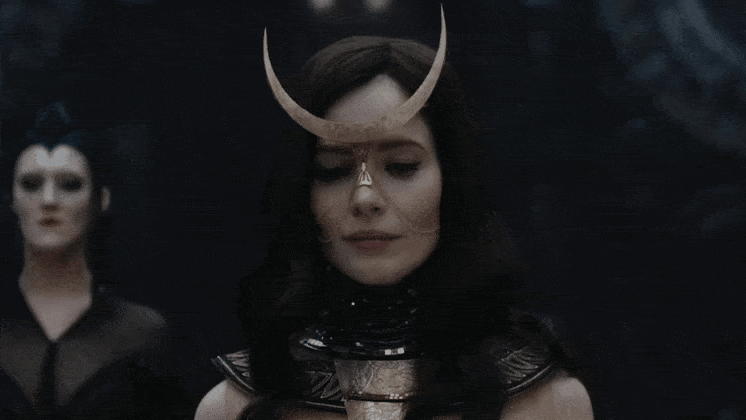
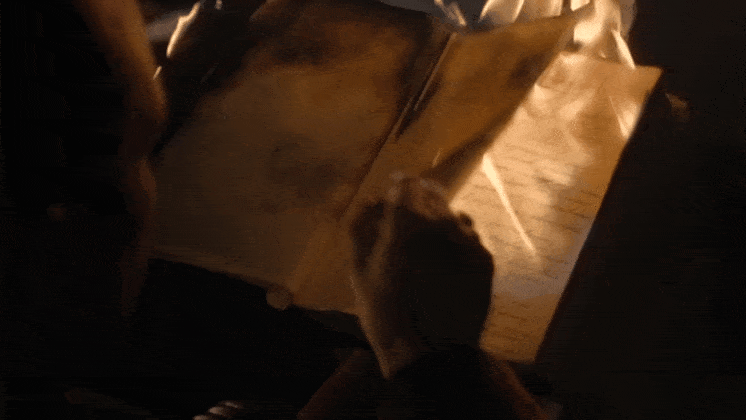

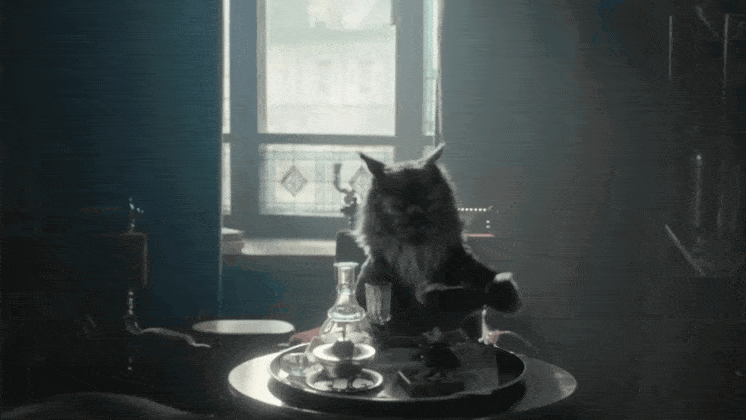
Russia 2024
#I'm so looking forward to this movie!#They had a lot of production problems but it's coming out in January#The Master and Margarita#The Master and Margarita 2024#Master and Margarita#Woland#august diehl#Julia Snegir#Yulia Snegir#Evgeny Tsyganov#Yuri Kolokolnikov#Yury Kolokolnikov#Мастер и Маргарита#Мастер и Маргарита 2024
164 notes
·
View notes
Text
One of Russia’s most famous 20th-century novels has returned to the Silver Screen. Infamously difficult to capture as a motion picture (more mystical observers even speak of a curse), Mikhail Bulgakov’s “The Master and Margarita” is back, reinterpreted by American-Russian filmmaker Michael Lockshin. The new movie stars Evgeny Tsyganov and Yulia Snigir in the titular roles and features German actor August Diehl (Gestapo major Dieter Hellstrom in Quentin Tarantino’s “Inglourious Basterds”) as the story’s demonic character Woland. Meduza reviews the controversy surrounding the film’s director and funding, the book’s cinematic history, and Lockshin’s adaptation.
The political controversy
Michael Lockshin’s “The Master and Margarita” averages an impressive 7.9/10 rating with more than 43,000 reviews at KinoPoisk and leads Russia’s box office in its opening week after earning 57.3 million rubles ($640,000) on its first day in theaters, but the director was making enemies before his film ever sold a single ticket. Self-described patriots denounce Lockshin as a Russophobe, a traitor, and a neoliberal besmircher of the intrepid Soviet secret police. They call him a hypocrite, too, in light of the fact that this new adaptation of Bulgakov’s classic was made (in 2021, before the full-scale invasion of Ukraine) with 800 million rubles ($8.9 million) from Russia’s Cinema Foundation, the state’s key funding agency for the domestic film industry.
Lockshin, who now resides in the United States, declined to answer Meduza’s questions about the backlash in Russia, saying he’s not yet ready to comment on the situation. On Telegram, pro-war channels have circulated screenshots of Facebook posts that are now hidden from non-friends where Lockshin shared independent reporting about the war in Ukraine, wrote that he’s donated to Ukrainian organizations, warned that future generations of Russians will be paying reparations for the “tragedy they brought to Ukraine,” and compared the Putin regime to Nazism in Germany.
State propagandist Tigran Keosayan has advocated criminal charges against Lockshin, while Trofim Tatarenkov, a host on Russia’s state-run Sputnik radio (who admits that he hasn’t even seen Lockshin’s movie), called the filmmaker “scum” and fondly remembered how such “enemies of the people” were shot during the Stalinist era.
Previous adaptations
In May 2016, poet and literary critic Lev Oborin wrote an essay for Meduza answering several “questions you’re too embarrassed to ask” about Bulgakov’s “The Master and Margarita,” including the most shameful of all: Can I just skip the book and watch a movie version instead? The short answer is, yes, you can always skip the book. In fact, unless you’re a student or some other kind of hostage, you can skip the movies, too. But since you asked, there are at least two previous screen adaptations of “The Master and Margarita” worth knowing about.
The better-liked version, at least until now, has been Yuri Kara’s 207-minute film, made in the mid-1990s but not released until August 2011. Meanwhile, in 2005, Vladimir Bortko created a miniseries for Russian television that was criticized for uneven casting and even worse special effects. Unfortunately for Bortko, the 10 episodes drew deeply unfavorable comparisons to his beloved 1988 adaptation of Bulgakov’s “Heart of a Dog.”
It’s also tempting to contrast Bortko’s miniseries with Kara’s adaptation — particularly how the two portrayed one of the novel’s most visually scandalous scenes: Satan’s Grand Ball. Filmed almost a decade later and made for TV, the sequence in Bortko’s series “looks almost puritanical” compared to Kara’s film, noted Lev Oborin. In raw terms of nudity and violence, this assessment is hard to contest:
youtube
So, is Lockshin’s adaptation any good?
Anton Dolin (a prominent Russian film critic who might be best known to casual Internet users as the interviewer who provoked Ridley Scott into saying, “Sir, fuck you. Fuck you. Thank you very much. Fuck you, go fuck yourself.”) liked Lockshin’s adaptation quite a bit. In a review published by Meduza, Dolin writes that the film “manages to retain the sharpness of the original source, which mocks Soviet power, and at the same time offers the viewer an innovative perspective on a classic text.”
Dolin praises Lockshin’s “Hollywood flourishes” and his capacity to juggle the book’s “genre and intonation incompatibility,” which has plagued past interpretations. The new adaptation brings a “circus element” to the story without sacrificing the script’s “rigidity,” says Dolin, while also “condensing the vastness of Bulgakov's novel into a coherent and clear narrative.” (You’ve been warned, formalists.)
Lockshin’s film takes some liberties with Bulgakov’s classic. For example, in the novel, the Master character doesn’t emerge until the middle of the book, leaving the reader to wonder about the title. In the new film, however, the main plotline belongs to the love story between Margarita Nikolaevna (the unhappily married wife of a Soviet functionary) and a writer she calls the Master. According to Lockshin’s script (which he co-wrote with Roman Kantor), the secondary narrative involving Pontius Pilate’s trial of Yeshua Ha-Notsri (Jesus of Nazareth) is a play within the story written by the Master and pulled from production by Soviet censors after its opening performance. (In a feat of authenticity unprecedented in modern Russian cinema, the Jerusalem scenes, which comprise roughly 10 minutes of the film, are performed in Aramaic and Latin.) Meanwhile, all the adventures across Moscow involving Woland and his entourage are presented as figments of the Master’s imagination as he slowly loses his mind under state persecution.
As Lockshin has argued in comments promoting the movie, Dolin says Bulgakov’s novel enjoys heightened relevance in contemporary Russia, and the new film makes menacing villains of NKVD executioners while presenting even more revolting characters in the Soviet elites whose conformity and hypocrisy enabled the Stalinist regime.
Dolin praises the decision to cast August Diehl as Woland, the mysterious foreigner whose visit to Moscow sets the plot rolling in the novel. Diehl’s Woland “is a real find,” Dolin writes. The German actor plays the character as “an infernally sarcastic gentleman in black” who resembles Satan “more than the thoughtful, sad wisemen from various Russian interpretations of the same character.”
A cartoonishly scary foreigner, complete with a spooky German accent, Woland turns out to be the creation of the writer’s wounded mind, his alter ego, writes Dolin. The censorship and persecution the character faces in the film are a “chilling reproduction” of mechanisms that resonate more in Putinist than Stalinist Russia, Dolin argues, highlighting some lines that wink boldly at modern-day realities, including nods to Crimea, oil production, and military parades.
Lockshin’s adaptation also features a fantastical version of Moscow that recalls the visionary designs of artists in the Higher Art and Technical Studios, which flourished in the 1920s before crumbling under Stalinism. In this universe, Moscow completed the Palace of the Soviets, altering the skyline in a delirious finale that depicts the city ablaze. This scene, in particular, has upset several state propagandists.
Dolin notes that Margarita is absent from the story for much of the film, but she reappears in the final act as a heroine on her own narrative arc. In the character’s scenes as a witch and then a queen, Lockshin’s intentions and the meaning of the novel’s title finally become clear, says Dolin:
It’s not the imagination of the writer that transforms the grim reality but exclusively the emotion that is capable of elevating you to the heavens, of burning cities, and punishing or pardoning with the mere force of thought. In the end, Lockshin’s film is not about Satan, not about Moscow, not about Pilate, and not about totalitarianism, censorship, or creativity, but about love. It alone makes a person invisible and free.
22 notes
·
View notes
Text
Evgeny Tsyganov published rare photos with children of Julia Snigir and his ex-wife Irina Leonova
Evgeny Tsyganov published rare photos with children of Julia Snigir and his ex-wife Irina Leonova
[ad_1]
<! - ->
Evgeny Tsyganov and Julia Snigir / Fedor Tsyganov
Evgeny Tsyganov, 41, doesn’t like fans so often with photos from the family archive, but in quarantine, the actor started doing it much more often. The other day, he posted a whole series of photos with children on his Instagram. First, the actor shared a photo of his youngest son, Fedor, four, born in a relationship with…
View On WordPress
1 note
·
View note
Photo

Compétition: « L’ange a une angine » , réalisateur Oxana Karas. Avec: Semion Treskunov, Evgeni Tsyganov. Конкурс: « У ангела ангина», режиссер Оксана Карас В ролях: Семен Трескунов, Евгений Цыганов. #новыефильмы #instafestival #уангелаангина #оксанакарас #сементрескунов #евгенийцыганов #онфлер #онфлер2018 #фестивальонфлер #нормандия #festivalhonfleur #festivalhonfleur2018 #cinemarusse #filmsrusse #langeauneangine (à Honfleur) https://www.instagram.com/p/BpfEoH3AvTm/?utm_source=ig_tumblr_share&igshid=vjfq0h9u10d4
#новыефильмы#instafestival#уангелаангина#оксанакарас#сементрескунов#евгенийцыганов#онфлер#онфлер2018#фестивальонфлер#нормандия#festivalhonfleur#festivalhonfleur2018#cinemarusse#filmsrusse#langeauneangine
0 notes
Text
The Master and Margarita preview
I've heard that the director and developers of the film are trying to get an international release, and if they succeed, I'll remove the translation.
But if not, and if there are people who are interested in watching it, my translation will be available. As usual, one-time payment or a short subscription to Boosty.
In the meantime, here's a preview of the four main characters in the story. The official English translation of the book was used to translate parts of the dialogues.
So far about an hour of the film has been translated, the process is hampered by the creation of time codes and the lack of Russian subtitles - sometimes I can't understand what background characters and even the main characters are saying in noisy environments.
Also, unfortunately,all foreign speech in German, Aramaic and Latin was overlaid with voice-over in Russian, which spoils the impression a lot =/
I also cut Woland preview a little
#the master and margarita#my translations#translations#august diehl#evgeny tsyganov#yulia snigir#claes bang
2 notes
·
View notes
Text
My Roman empire is Woland, who sat/lying down in the most pretentious pose on the Master's sofa. And a Master who doesn't comment on it, as if it's normal

64 notes
·
View notes
Text
I like the Master and Margarita fandom because it didn't argue about whether Master and Margarita, Margarita and Woland, or Master and Woland were better. The fandom just decided that the three of them were a kick-ass polyamorous family.
38 notes
·
View notes
Text
Finally the movie "The Master and Margarita" is available in quality on the internet! Unfortunately, I thought that in the Internet version they would leave the original voices of the characters (there are moments where the characters speak in German, Latin and Aramaic) without dubbing in Russian, but it did not happen
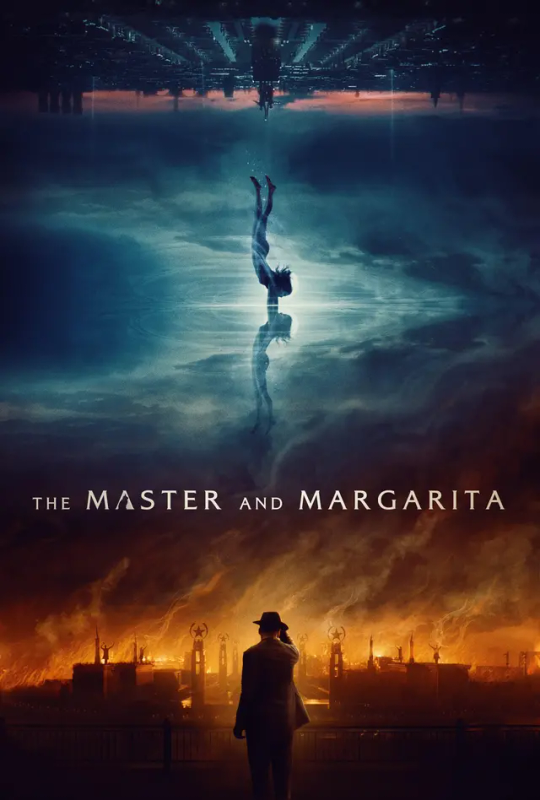
#master and margarita 2024#master and margarita#woland#evgeny tsyganov#august diehl#julia snegir#yury kolokolnikov
26 notes
·
View notes
Text
"The Master and Margarita" trailer with English subtitles
As far as I understand, now the director and producer are negotiating for international distribution, and then the trailer will be released with official subtitles, and maybe even with voice-overs (but I still recommend watching in the original dubbing)
#master and margarita#master and margarita 2024#julia snegir#evgeny tsyganov#august diehl#woland#yuri kolokolnikov#koroviev#azazello#cat Behemoth#Gella
28 notes
·
View notes
Text
The Master and Woland in the book: just exist crossing paths a couple of times because of Margarita
The Master and Woland in the new film adaptation: Bestie 💅🏻
To prove my point: The Master and Woland, who secretly sip cognac at a Soviet play and giggle together at the stupidity of the play
33 notes
·
View notes